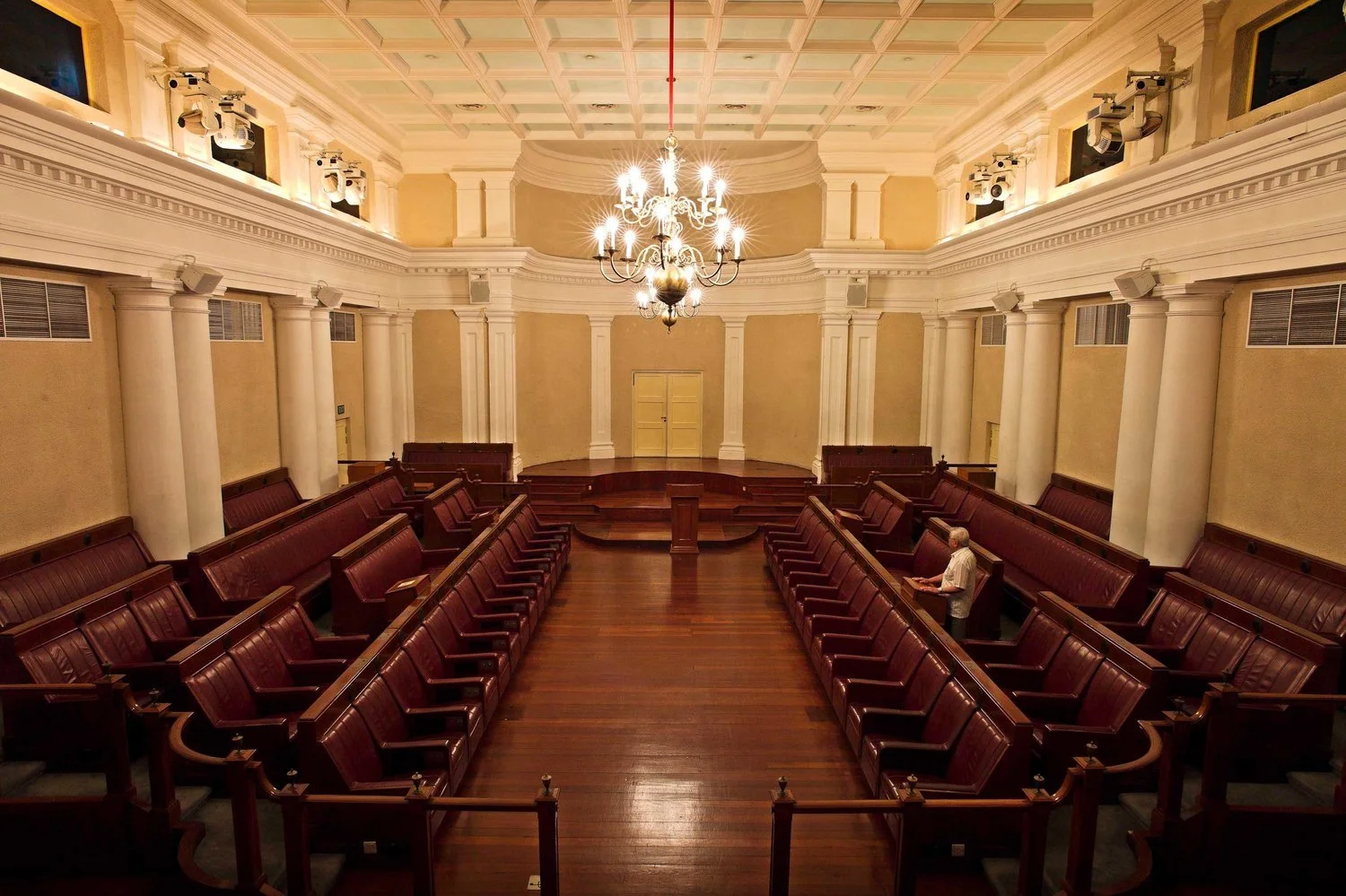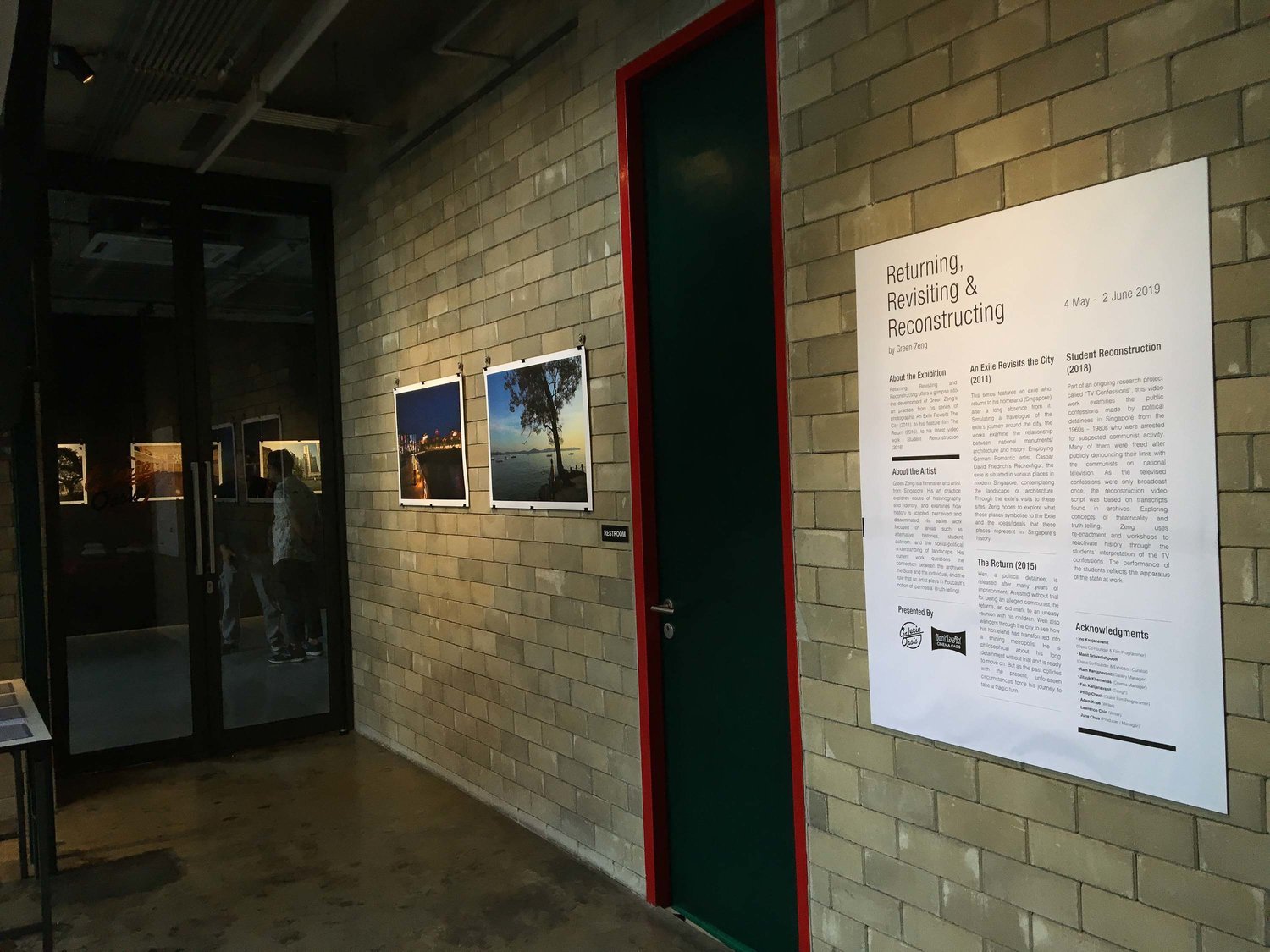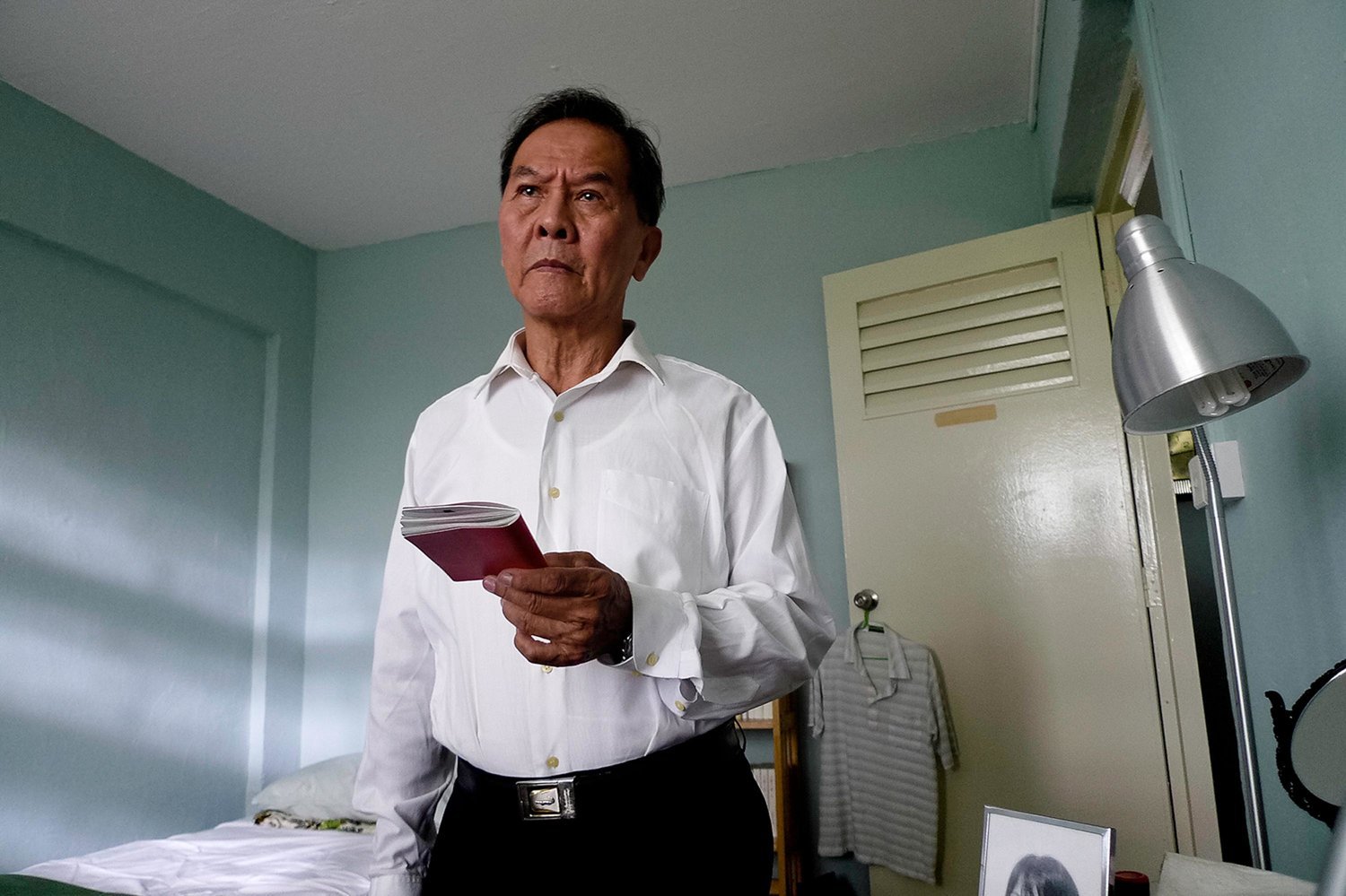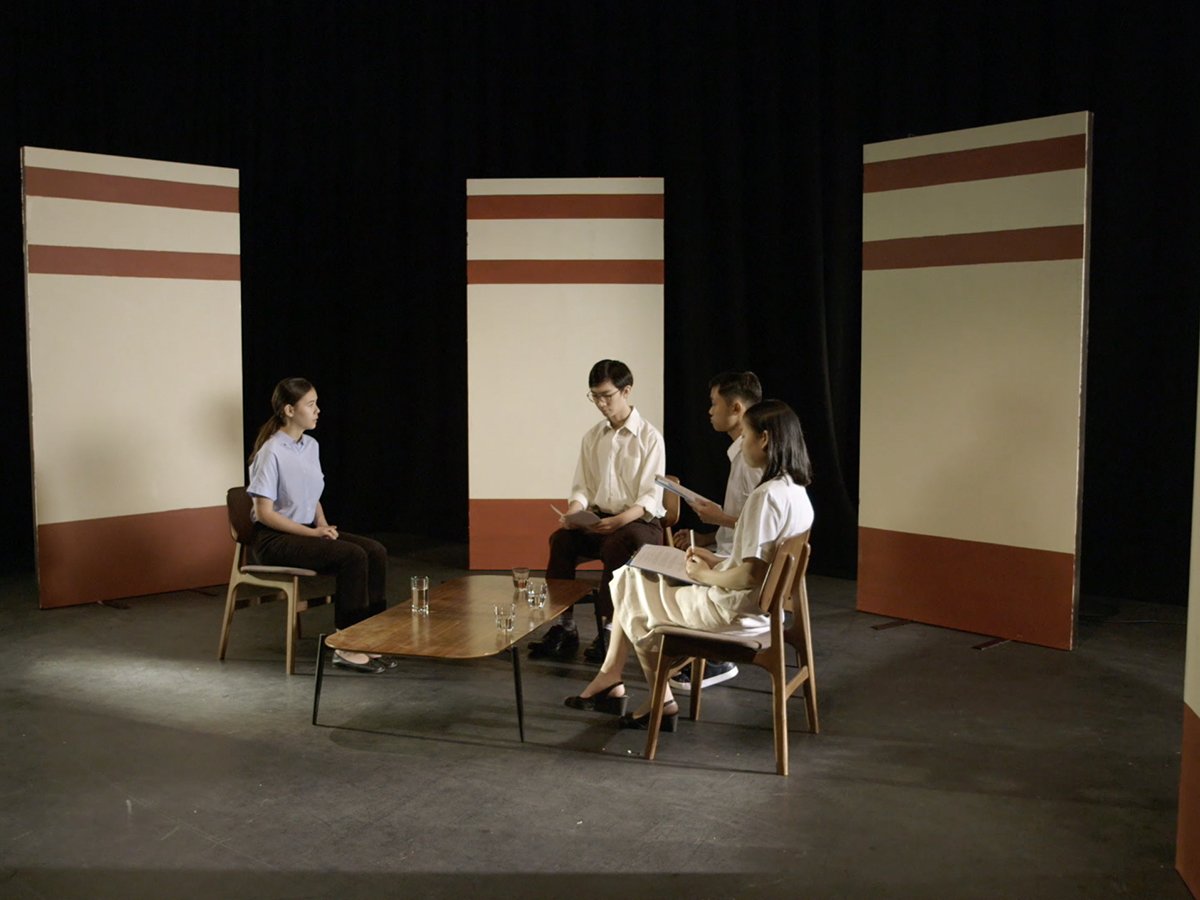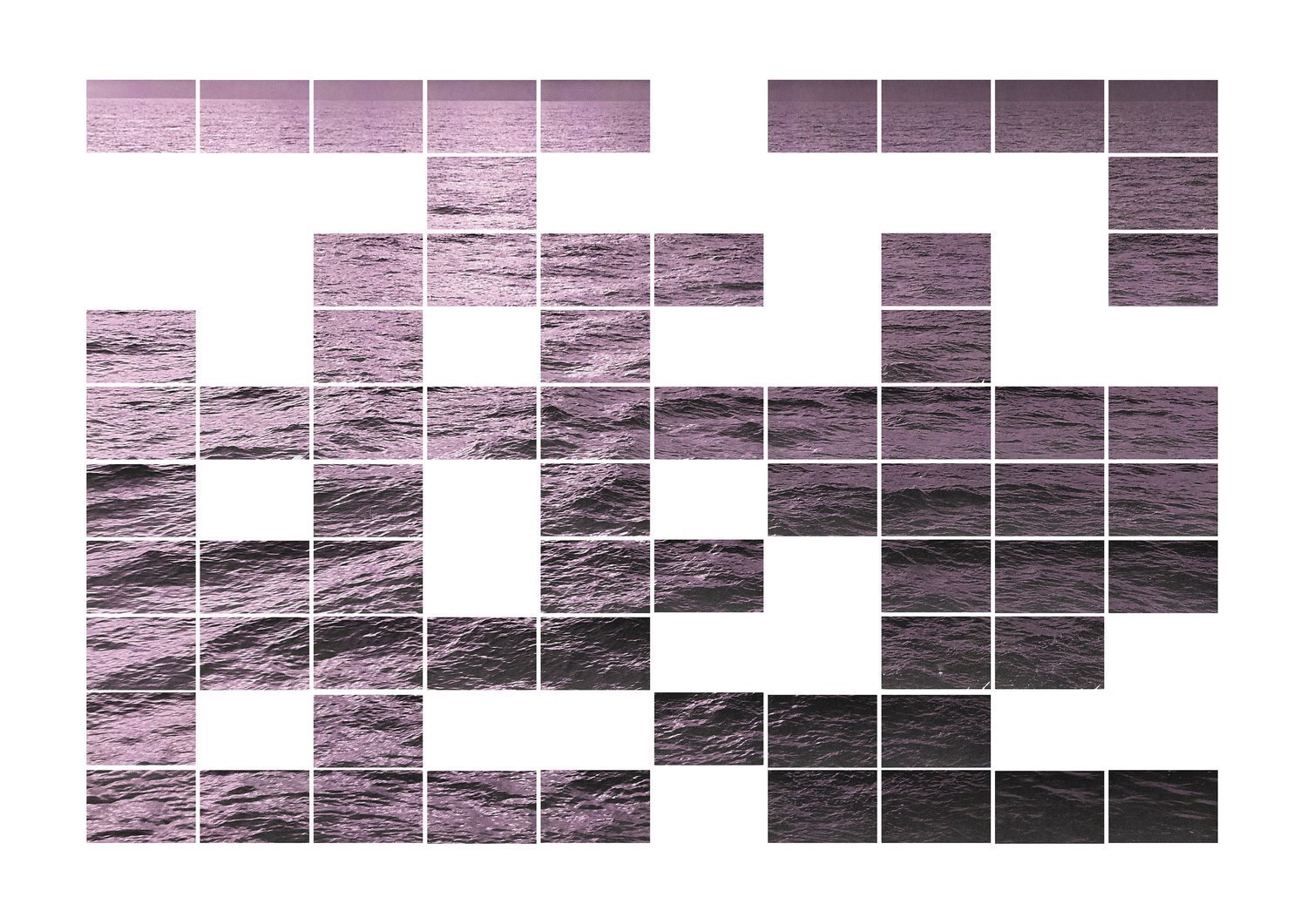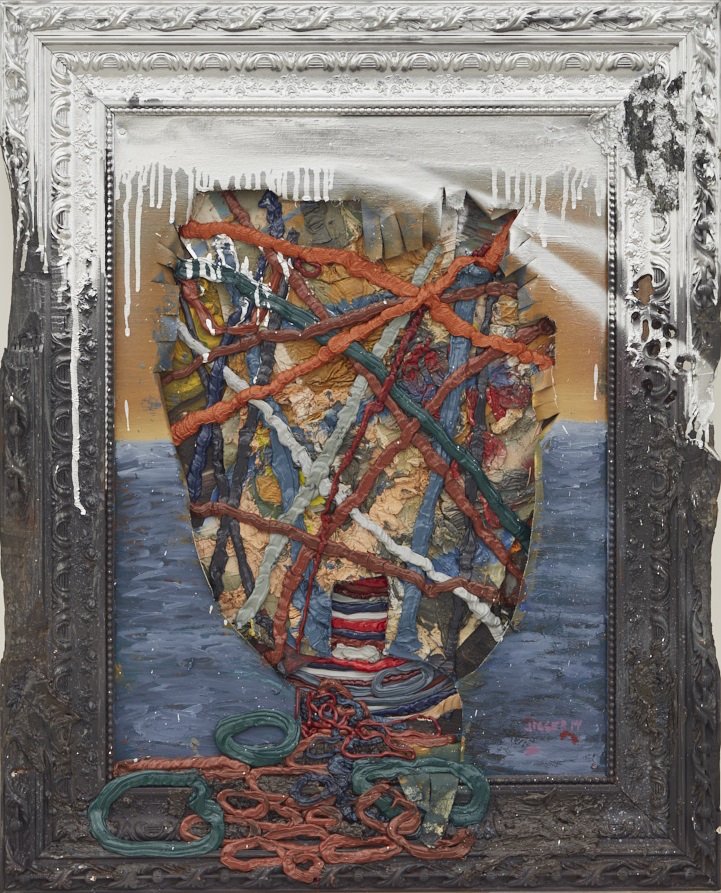Green Zeng 'Returning, Revisiting & Reconstructing'
On historiography and speaking truth to power
By Ian Tee
Green Zeng, 'Parliament House (An Exile Revisits the City)', 2011, digital print on archival paper. Image courtesy of the artist.
The philosopher Michel Foucault described parrhesia as a mode of discourse in which one speaks directly and truthfully about one's ideas without the use of rhetoric, manipulation or generalisation. He also foregrounded the parrhesiastes - one who uses parrhesia - as a person who "risks one's privilege to speak freely when they disclose a truth that threatens the majority". This distinguishes parrhesia as a type of speech activity which expresses the speaker's personal relationship to truth, rather than one purely based on empirical evidence.
'Revisiting, Returning & Reconstructing' is a solo exhibition by Singapore-based artist Green Zeng at Galerie Oasis, Bangkok, which looks at historiography through such parrhesiastic lens. The show features three works by the multimedia artist: a series of 15 photographs titled 'An Exile Revisits the City' (2011), video installation 'Student Reconstruction' (2018) as well as the Thai premiere of his film 'The Return' (2015). They draw out Zeng's ongoing research on the history of student activists and political detainees in Singapore during the turbulent decades leading to and after independence.
'Green Zeng: Returning, Revisiting & Reconstructing', 2019, exhibition installation view. Image courtesy of the artist.
'An Exile Revisits the City' and 'The Return' are connected by the figure of a political exile, who is seen in the series of photographs contemplating the landscape of Singapore at historically significant sites. They include the Parliament House, the entrance gate to Fort Canning where the Battle of Singapore was fought, and the Nanyang University Arch. These scenes are a precursor to ‘The Return’, a film centred around the emotional drama of Wen, a political detainee returning to his family after many years of imprisonment. Made in collaboration with the artist’s wife June Chua, the film confronts the difficult history of anti-communist crackdowns through its implications for the families of those detained without trial. 'Student Reconstruction' is a re-enactment of public confessions made by political detainees between 1960 and 1980, which were often broadcast on television only once and never seen again. Zeng reactivates history by working with students to interpret transcripts found in newspaper archives. He sees the students’ performance in the video reconstruction as a reflection of the state apparatus and coercion underlying these confessions.
A film still from 'The Return', 2015. Image courtesy of Mirtillo Films.
Citing a shared anti-communist period in both Singapore and Thailand, co-founder of Oasis and exhibition curator Manit Sriwanichpoom speaks of the strong political message in these works and its relevance to the Thai audience. "Green used poetic pictures with a sense of longing and nostalgia of the past, to reflect our modern values," says Sriwanichpoom. "His film asks us to question the meaning of being an idealist when nobody cares."
Indeed, Cinema & Galerie Oasis was founded in 2012 as a response to state censors’ attack on the documentary ‘Censors Must Die’. It is a non-profit cinema and art space committed to promoting the creative freedom of expression through its support for neglected and oppressed filmmakers and artists. The independent space relies on donations and rental income as ticket prices are kept low to remain accessible to the widest possible audience. "We know it is crazy to fight against online streaming but watching movies on a big screen is a hugely different experience," Sriwanichpoom explains. The founders hope that bringing back the communal experience will foster cultural tolerance and inspire critical conservations. Unfortunately, the situation is at times discouraging with threats of closure from individuals and the state.
'Green Zeng: Returning, Revisiting & Reconstructing', 2019, exhibition installation view. Image courtesy of the artist.
Green Zeng, 'Student Reconstruction' (video still), 2018, video installation. Image courtesy of the artist.
Where is the place of the artist in all of this? And do they have a role to play in truth-telling? "My main objective is to interpret the historical facts and to use them in an inventive way," Zeng comments when asked about the historical inaccuracies in his work. "I want to ask whose truth is it when we examine the past or a dominant discourse? Is it possible for art or artists to perform and externalise these subjective inner thoughts?"
'Returning, Revisiting & Reconstructing' is on view from 4 May to 2 June 2019 at Galerie Oasis, Bangkok.

